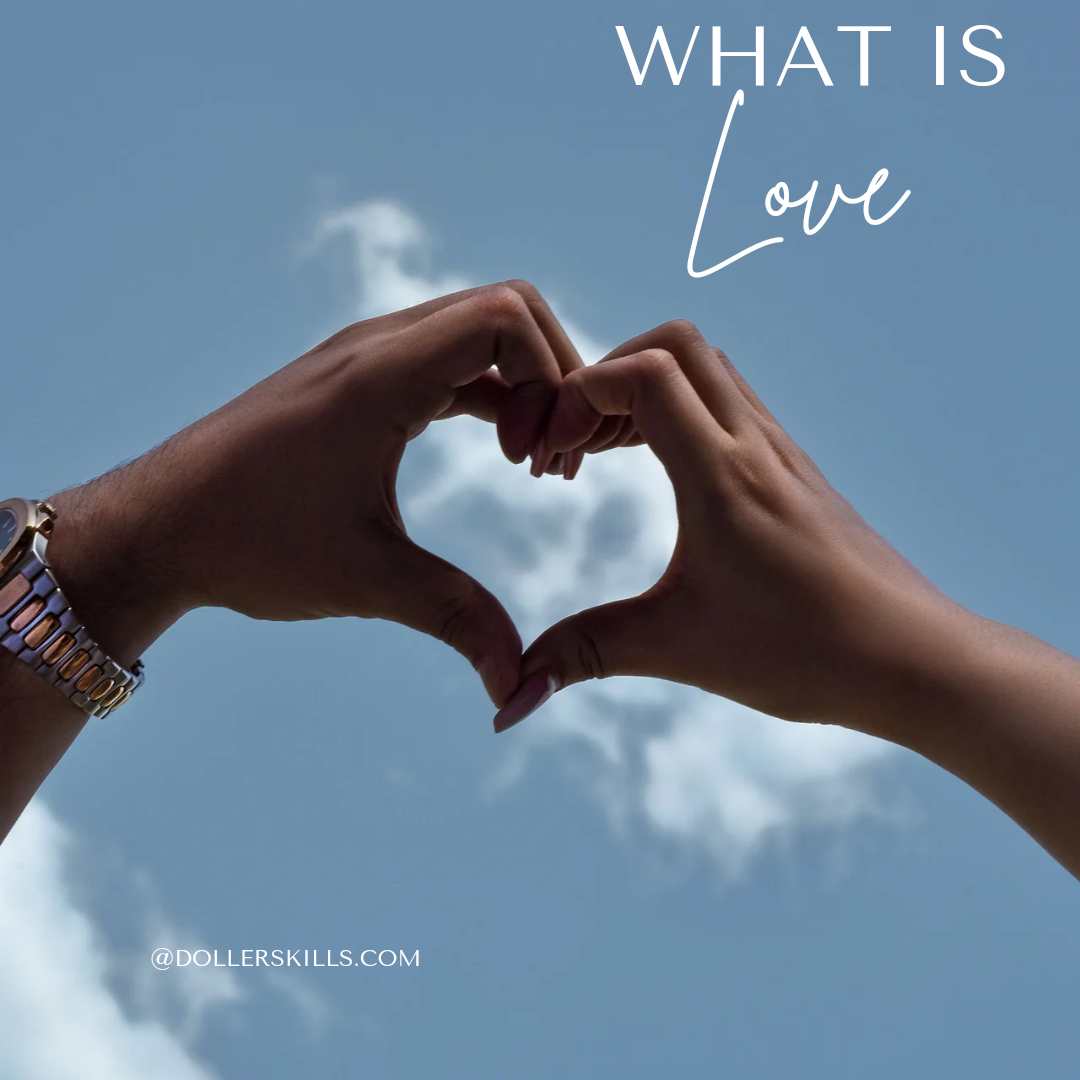Ancient Love
During the early Islamic period, love included three aspects: poetry, religious texts, and historical love, which illustrate the early Islamic context.
1) Quranic Reference
In the Holy Quran, many verses show love. The Holy Quran speaks about affection and mercy:
“And He places affection and mercy on you.” (Quran 30:21)
This verse emphasizes the importance of love in marital relationships.
“And We have enjoined upon man (care) for his parents.” (Quran 31:14)
These verses emphasize love and respect for parents and the importance of family love.
2) Early Islamic Poetry
Poetry was a significant part of Arabian culture before the early Islamic period. The famous poet “Imru al-Qais” wrote many ghazals about love and passion, showcasing deep emotions. Early Islamic Arabs conveyed messages through poetry. One famous love story is “Qays and Layla,” known as a true love story.
3) The Holy Prophet and Khadijah
The Holy Prophet and his wife also exemplify love and mutual respect. Khadijah was strong and brave, always supporting the Holy Prophet. Their relationship is a model of companionship and devotion. Many hadiths describe the Prophet’s gentle and loving nature.
4) Divine Love
One of the early Sufi mystics, Rabia al-Adawiyya, is famous for emphasizing the love of Allah. Her poetry reflects deep spiritual love. She advocated loving Allah for His sake alone, rather than out of fear of hell or desire for paradise. Poets like Rumi and Ibn Arabi also wrote extensively about divine love, reflecting Islamic thought and literature.
5) Stories
The early Islamic period features several stories of love, loyalty, and sacrifice, reflecting deep emotional and spiritual connections valued in Islamic culture.
Middle Ages
In the middle ages of Islam, love referenced many aspects. This era, known as the Islamic Golden Age, saw love playing an integral role in culture, religion, and intellectual currents. Some key aspects of middle era love are mentioned below:
1) Influence of Foreign Cultures
Foreign cultures also influenced the love of the Islamic world. The middle ages saw cultural exchanges with Byzantine, Persian, and Indian civilizations, impacting Islamic love.
2) Religious Context
The Holy Prophet (PBUH) is a great model of love and compassion. His honesty inspired many non-Muslims to love him.
3) Art and Music
In the middle ages, love stories were illustrated in paintings, showcasing famous romantic tales like Layla and Majnun. Paintings were a medium to express love. Music and lyrics also commonly featured love, providing entertainment.
4) Philosophical Context
Many middle age philosophers integrated love into their philosophy, considering it an essential part of human nature. Love is inherent in humans and depends on how we utilize it.
20th Century to Present
Love plays an important part in all eras of Islam. From the 20th century to the present, love encompasses many aspects, including globalization and modernity. This era is characterized by internet/media-based love, often neglecting Islamic rules of love and emulating foreign cultures.
1) Media’s Influence
Media has created physical distance among people. Earlier, people could interact and love each other, but media has kept them busy, leading to a decline in love and disconnection from Islamic values.
What is Love?
Definition:
Love is a precious gift from Allah Almighty. It comprises feelings, emotions, behaviors, and attitudes. Love connects hearts, keeping people in touch. It is essential for a fulfilling life, symbolizing sacrifice, motivation, peace, and energy. In Islam, an example of love is Hazrat Ibrahim’s willingness to sacrifice his son Ismail for Allah’s love and obedience. Love motivates and energizes us, always keeping us happy.
Types of Love
There are two types of love:
- Ashq-e-Majazi
- Ashq-e-Haqeeqi
Ashq-e-Majazi

Ashq-e-Majazi is worldly love, such as love for wealth, status, or emotions. It often involves personal gain and loss. This type of love can be harmful if it becomes too self-centered but can also be a stepping stone toward achieving Ashq-e-Haqeeqi.
“سر ہو سجدے میں مگر دل میں دنیا کا خیال
یہ عبادت ہیں تو پھر اپنی محبت ہی سہی “
Aspects of Ashq-e-Majazi:
a. Family Love
b. Friend Love
c. Worldly Love
a. Family Love
“And your Lord has decreed that you not worship except Him and to parents, good treatment.” (Quran 17:23)
This verse emphasizes respect and love for parents, integral to family love.
“And among His signs is this, that He created for you mates from among yourselves, that you may dwell in tranquility with them, and He has put love and mercy between your hearts.” (Quran 30:21)
This verse describes the natural love, respect, and compassion between husband and wife.
b. Friends’ Love
“The believers are but brothers, so make settlement between your brothers. And fear Allah Almighty that you may receive mercy.” (Quran 49:10)
This verse highlights friends’ support, loyalty, and sincerity.
c. Worldly Love
Worldly love (Hub al-dunya) refers to material things, leading one away from spiritual and religious obligations.
“The life of this world is only the enjoyment of deception.” (Quran 3:185)
This verse reminds us not to be overly attached to worldly pleasures.
Ashq-e-Haqeeqi

Ashq-e-Haqeeqi is true love, free from self-interest, bringing peace and tranquility. It prioritizes divine love over personal gain.
“عشق ہیں روح کا ،نہ جسم کا نہ جان کا،نہ مال کا۔”
Aspects of Ashq-e-Haqeeqi:
a. Love of the Holy Prophet
b. Love of the Holy Quran
c. Love of Ahl al-Bayt
d. Self-Love
a. Love of the Holy Prophet Muhammad (PBUH)
True love for the Prophet is genuine and sincere, motivated by love for Allah.
“Say, (O Muhammad) if you should love Allah, then follow me, (so) Allah will love you and forgive you your sins. And Allah is forgiving and merciful.” (Quran 3:31)
“None of you will have faith till he loves me more than his father, his children, and mankind.” (Sahih Bukhari)
b. Love of the Holy Quran
As Muslims, it is our obligation to love the Holy Quran, benefiting from its guidance in all aspects of life.
c. Love for Ahl al-Bayt
“Say, (O Muhammad) I do not ask you for this message any payment (but) only goodwill through kinship.” (Surah Ash-Shura 42:23)
Loving the Prophet’s family is essential for success in this world and the hereafter.
d. Self-Love
Mola Ali (AS) said, “Self-discovery (self-love) is equivalent to discovering God.”
“We have certainly created man in the best of stature.” (Quran 95:4)
This verse encourages self-recognition and dignity.
The Holy Prophet (PBUH) said, “Your body has a right over you.”
Advantages of Love
- Creates a peaceful environment.
- Inspires helping others and working for Allah’s pleasure.
- Fosters understanding, motivation, and encouragement.
- Essential for a successful society.
- Provides power and energy.
- Source of happiness (true love).
- Reduces stress and anxiety.
- Can change our lives in different ways.
Disadvantages of Love
- Excessive love can create dependence.
- Worldly love is fleeting.
- Can cause jealousy.
- Intense attachment can lead to neglect of other pleasures.
- Can cause anxiety and fear of loss.
- Can lead to emotional pain and heartbreak.
- Excessive love can be harmful.
- Intense love can lead to self-neglect.
Suggestions
A companion asked Mola Ali (AS), “What is poison?” Mola Ali (AS) replied, “Anything that exceeds its limit becomes poison.”
Keeping balance is crucial in all things, including love. We should love for the sake of Allah, not to please people. Excessive emotional attachment can be harmful.
Conclusion
This blog describes the ancient concept of love, middle-age love, and love from the 20th century to the present. It includes Quranic references and hadiths, emphasizing true love as a source of motivation, power, and happiness, while false love can cause anxiety and depression. Keeping a balance in love is essential, as excessive love can be harmful.


i love it What an explanation
ماشاءالله